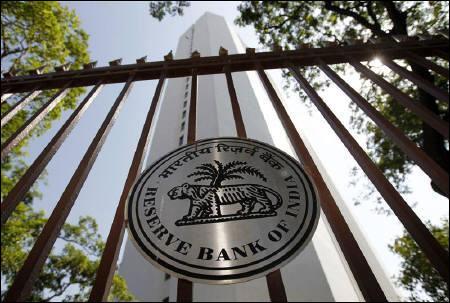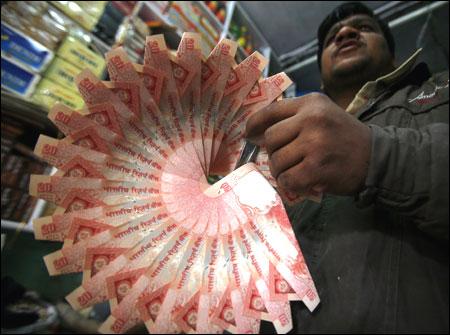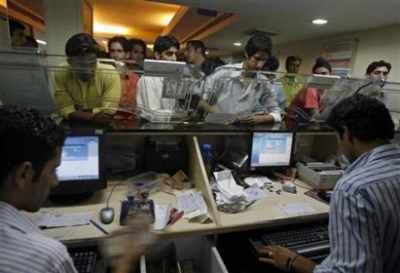 | « Back to article | Print this article |
Money laundering: Banks must restore public trust
RBI and banks must restore public trust after sting.
The revelations of the Cobrapost sting against three private sector banks are being investigated by the finance ministry and the central bank.
This may well establish that there was more smoke than fire. But even as the results of the process are awaited, the event underscores the vulnerability of even large and well-known banks to reputation risks.
Like Caesar's wife, not just their purity but even the perception of it is critical to public trust in the entire system.
Even if the investigation indicates that this problem is confined to stray instances of individual non-compliance, both the regulator and bank managements will face the challenge of restoring confidence. In doing so, they will have to address some uncomfortable questions.
Click NEXT to read more...
Money laundering: Banks must restore public trust
As the banking supervisor, the Reserve Bank of India (RBI) needs to look at these claims from the perspective of supervisory efficiency. If, in fact, this was a regular practice by the banks concerned, should it not have come to the notice of the supervisory process?
If it did, was this explicitly communicated to the banks that were found to be indulging in this activity? If it didn't, it suggests a lacuna in the supervisory framework. This implication is of particular significance in the context of new bank licences.
In creating the space for the issuance of licences to corporate entities, the RBI legitimately asked for, and was provided, the power to supersede bank boards.
Click NEXT to read more...
Money laundering: Banks must restore public trust
In practice, though, this is a credible threat, a last-resort measure that would be preceded by warnings and stricter scrutiny.
The flip side of possessing this power is highly effective monitoring of banks' activity. If the revelations indeed suggest a lack of effectiveness, it does not augur well for compliance with the regulatory framework, once again threatening public trust in the banking system.
As regards the managements and boards of the banks, once again the question of "what did they know and when did they know it" becomes significant.
Click NEXT to read more...
Money laundering: Banks must restore public trust
If either of them did know that this was going on, does it suggest that the integrity of governance and control mechanisms can be compromised by aggressive pursuit of revenues and profits? If they didn't, what does it say about the effectiveness of the governance mechanism?
The financial crisis of 2008 highlighted the limitations of both top managements and boards of large financial institutions in terms of their ability to see, let alone understand, the complex practices that were making them so much money, some of which clearly violated both regulatory and ethical standards.
Do these revelations suggest that this might be a problem in India as well, in the sense that it is relatively easy to hide these activities from scrutiny from above?
Click NEXT to read more...
Money laundering: Banks must restore public trust
Ultimately, the primary motivation for both supervisory and governance practices is the preservation of trust in the system.
Erosion of trust will unquestionably impede the ability of the financial system to play its critical role in the growth and inclusion process.
Even as it might be hoped that the revelations are sensational without substance, their impact on reputation and credibility cannot be wished away. Investigation must be accompanied by effective damage control.





